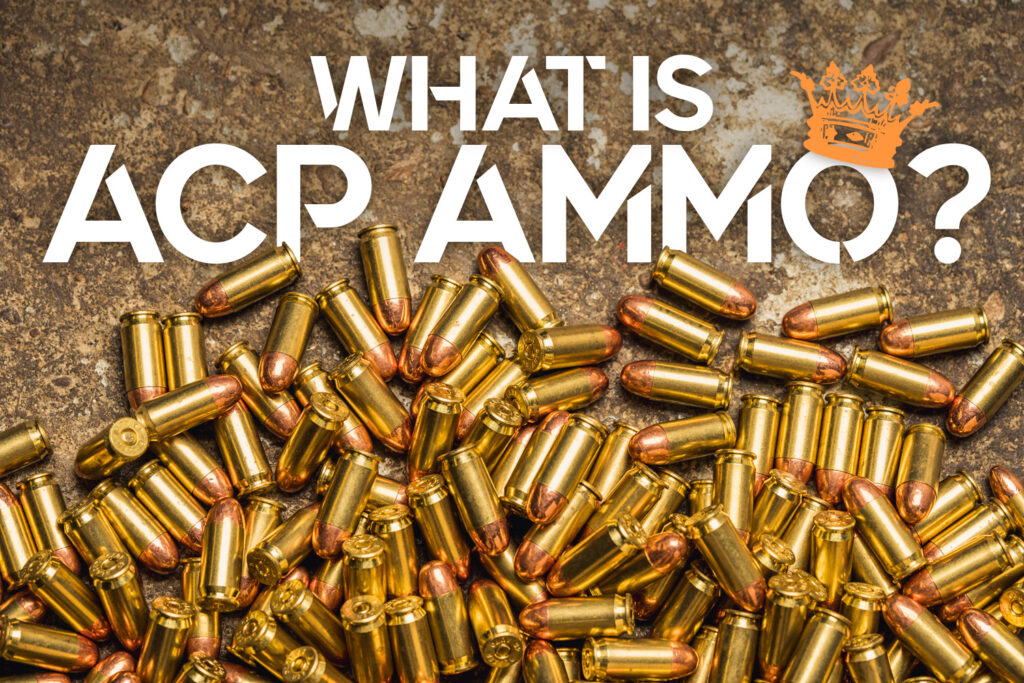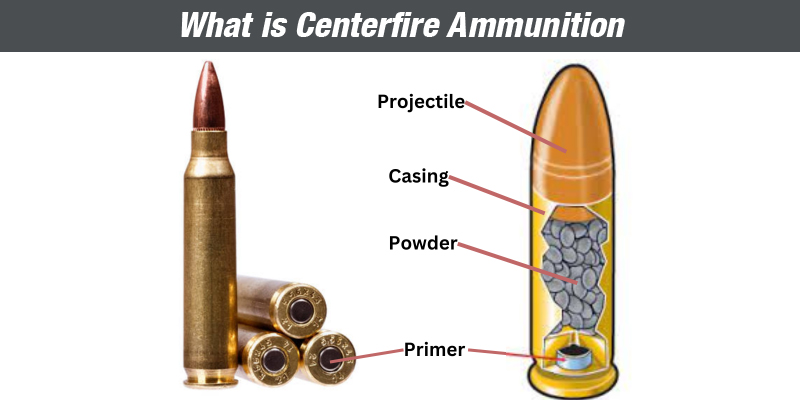The 30-Second Trick For Ammunition Pro Llc
The 30-Second Trick For Ammunition Pro Llc
Blog Article
What Does Ammunition Pro Llc Do?
Table of ContentsThe Best Strategy To Use For Ammunition Pro LlcNot known Details About Ammunition Pro Llc Getting The Ammunition Pro Llc To WorkThe 9-Second Trick For Ammunition Pro LlcThe Ultimate Guide To Ammunition Pro Llc
The basic parts of ammunition coincide for rifle, handgun, and shotgun ammunition. Recognizing exactly how ammunition works is an essential aspect in being an accountable weapon proprietor. Today we're considering the what the standard components of ammunition are and exactly how they collaborate to discharge a round. The standard parts of ammunition shown on a 9mm. Ammunition for Sale round.It houses the primer and powder. The bullet is seated outdoors end of the case. When you discharge a bullet out of a semi-auto gun, the gun's extractor lifts the case from the shooting chamber and it flies out of the weapon. The case is additionally occasionally described as shells, brass, or housings.
A weapon's shooting pin strikes a cartridge's guide. The primer is situated in the rim of the situation of a rimfire cartridge.
The Greatest Guide To Ammunition Pro Llc
Gunpowder following to the instance that generally contains it. It is typically a mix of saltpeter, charcoal, and sulfur.

We call the projectiles for shotshells, which we discharge through shotguns, slugs and shot. A slug is one strong piece, typically constructed out of lead. Shot is a team of pellets constructed out of lead, steel, bismuth, or tungsten alloy. Shot pellets can can be found in different sizes and quantities. Since you have a standard understanding of the fundamental parts of ammunition, you can really feel a little much more certain in how your gun and ammo feature!.
The smart Trick of Ammunition Pro Llc That Nobody is Talking About
Stay on top of Special Deals, Advance Notice of Sales, and Shop Occasions
Fun truth: Grains are utilized to describe the mass of a bullet due to the fact that completely back in the early days of firearms, it was an apothecary's unit of dimension, and a common measure was required to establish just how much cause make use of to make cast lead bullets (Ammo Deals). 'Grains' as an unit of step for weight goes all the means back to old times, and represents the weight of a grain of wheat

(https://www.moptu.com/ammunitiondde)For reference, the weight of a paper clip is about 16 gr. We know that grains are a measure of mass, and more = much heavier, and heavy is great? Yes, hefty is great, however mass of the projectile isn't the only thing you need to think about when choosing a round for your firearm.
The Of Ammunition Pro Llc
Enjoyable reality, this is the origin of the term "Rifle" ex. The effect this spin has on projectiles is a stabilizing one the bullet turning keeps the nose directed directly, in the exact same way that a flawlessly spiraled football toss is going to be a lot a lot more stable and accurate in flight than an ugly duck, end over end toss.
How does this relate to grain weight? Imagine you're on one of those play area carousels, the ones with bars you hold on to while it rotates.
The very same result happens with bullets. The much heavier the projectile, the even more impact a faster spin will certainly have on it.
Not known Details About Ammunition Pro Llc
But there's another variable that we have to consider when picking a grain weight for our ammunition. As hinted at above, bullet velocity, or the speed of the projectile, is a significant aspect when establishing the very best grain weight projectile to utilize. Speed is impacted by a few major factors, including the type and amount of propellant (gunpowder), barrel length, and bullet weight.

One of the most usual grain weight rounds for 9x19mm cartridges are 115gr and 124gr. These are typically lead core, totally jacketed (FMJ) rounds. Both of these grain weight cartridges will carry out well in manufacturing facility 9mm pistols, to normal handgun distances (up to 50 lawns). 115 grain rounds are the most typical (and therefore least costly).
Report this page